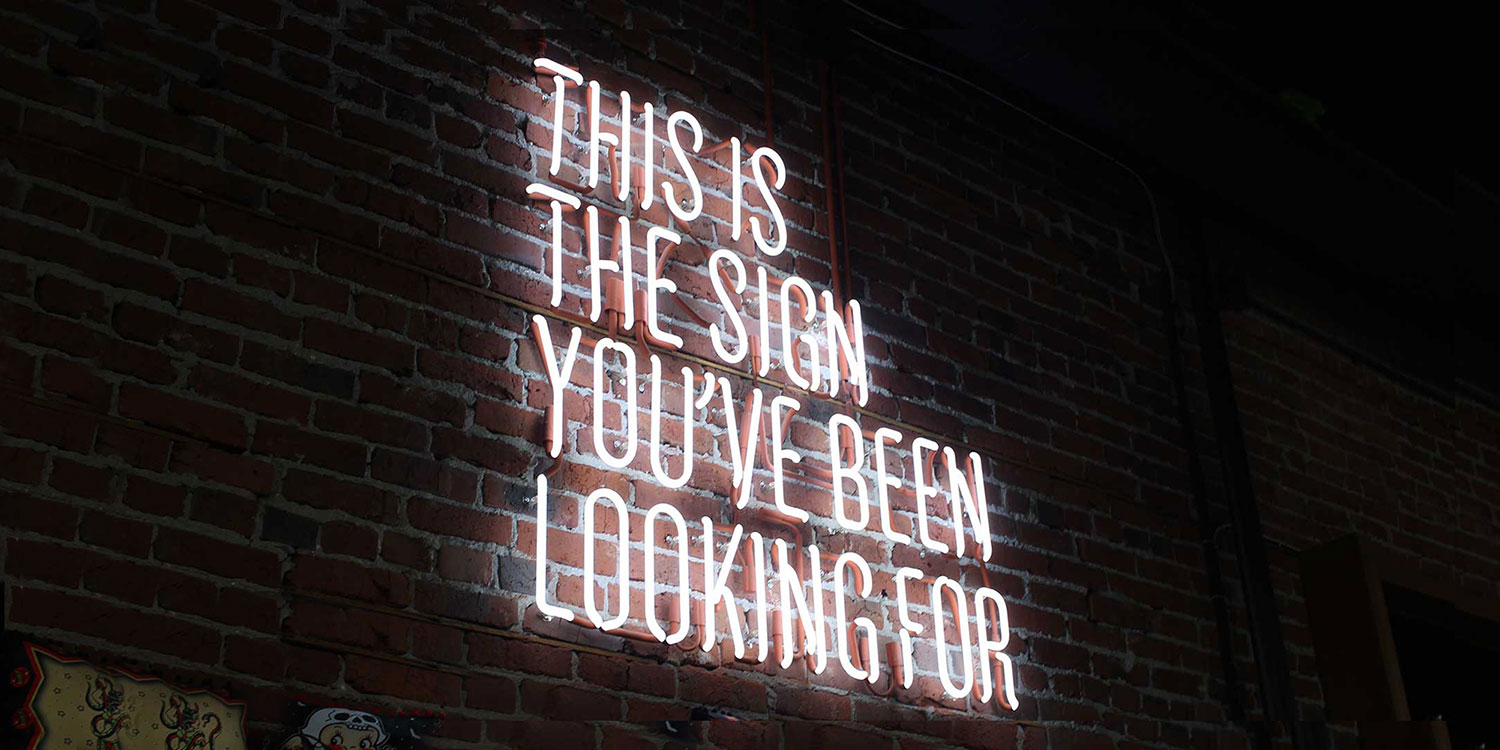Substance use disorders don’t have age limits. We all know this, but for some reason, older adults are often left out of conversations about addiction and recovery. Even more concerning, when people do include older adults in discussions about substance use, they often spout damaging myths and misconceptions.
Here are a few of the myths we’ve heard about recovering after 50, and the truths that counter them:
“There’s no point in getting sober after 50 (or 60, or 70)! Life is pretty much over at that point.”
There is definitely a point to seeking recovery, no matter your age. Substance use disorder is a disease, a chronic illness that seriously impacts quality of life and both mental and physical health. Many of us don’t even recognize what a burden it is until we get out from under it. But you do deserve to get out from under it, regardless of how old you are. As long as you’re breathing, it is never too late. Also, as humans, we never truly know how much time we have left. You may have another fifty years ahead of you! But even if you’re correct that you have a shorter span in front of you, don’t you want to live those years as freely as possible?
“Older people don’t become alcoholics/addicts/people with substance use disorders.”
Older people most certainly do develop substance use disorders. There are several reasons for this. First, many adults have untreated mental health concerns that they try to self-medicate. This can be true at any stage of life, but can become more pressing as people lose loved ones or deal with isolation as their home turns into an “empty nest.” Second, many people begin drinking or using drugs to handle pain and find themselves developing dependence or addiction. Again, this is true at all age levels but is very common among older adults, who experience chronic pain at a higher than average rate and are prescribed medications more frequently than people of other ages. Third, people over fifty use drugs recreationally, just as younger folks do! In some cases, retirees feel like they now have time and freedom to use the drugs they never had a chance to try, or to drink without repercussions. In fact, cocaine use is particularly on the rise among people over fifty.
It’s also important to note that while it is very possible to develop addiction later in life, many older adults have a long-term history of substance use. Many people enter recovery after several decades of drinking or using.
“Recovery treatment is for kids. As an adult, you should be able to beat this on your own!”
I said it before, and I’ll say it again: Substance use disorder is an illness. Few people are able to recover from it on their own without help, regardless of their age. For some people, the support they need is behavioral healthcare, like counseling. For some, it’s medication-assisted treatment. For others, it is 12-step or other mutual support groups. Many need a combination of these supports. None of these kinds of treatment are restricted to people below a certain age. Some research actually suggests that older people have better outcomes from substance use treatment than other age groups!
“If I get into recovery, there won’t be anyone my age for me to relate to.”
There are people of all ages in addiction recovery. In my own recovery communities, I know people who got sober at 16 and people who are entering recovery for the first time in their 70s. More important than age is shared experience. The people you meet in recovery understand the feelings, thoughts, and experiences you’ve had that can seem so alien to people who don’t have a substance use disorder. But if the age of your fellow recoverers matters to you, there may be groups specifically for older adults in your area.
“Treatment is too expensive, and I’m on a fixed income.”
Some kinds of treatment are expensive, it’s true. But that doesn’t mean you don’t have options. For one thing, Medicare covers substance use treatment in many cases—including in-patient treatment and medication-assisted treatment—when determined to be medically necessary. So if you have Medicare, you may have your treatment and Suboxone or naltrexone covered. For another thing, there may be discounts, coupons, or sliding scales available to you. And if you’re a person for whom mutual support groups are a good fit, most of them are available for free.
“Admitting I need help would be too humiliating. I have to look like an example for my kids/grandkids/friends.”
This is a very common and very damaging mindset. What is a better example for your loved ones: struggling in silence while causing harm —physical, emotional, legal, and financial—to yourself and your relationships? Or learning new ways to cope and being honest about your (normal, human) need for support? I argue that the second is much healthier for you and for the people who look up to you.
“You can’t teach an old dog new tricks. I’m too set in my ways to change.”
The amazing thing about humans is that we never stop learning and changing. While our brains do change as we age, we retain neuroplasticity, the brain’s ability to change and adapt. Though substance use disorder can feel inescapable, you can recover at any age. What you need isn’t youth, but help and the willingness to do what is necessary—whether that means attending appointments regularly, doing your therapy assignments, or participating in recovery group meetings.








